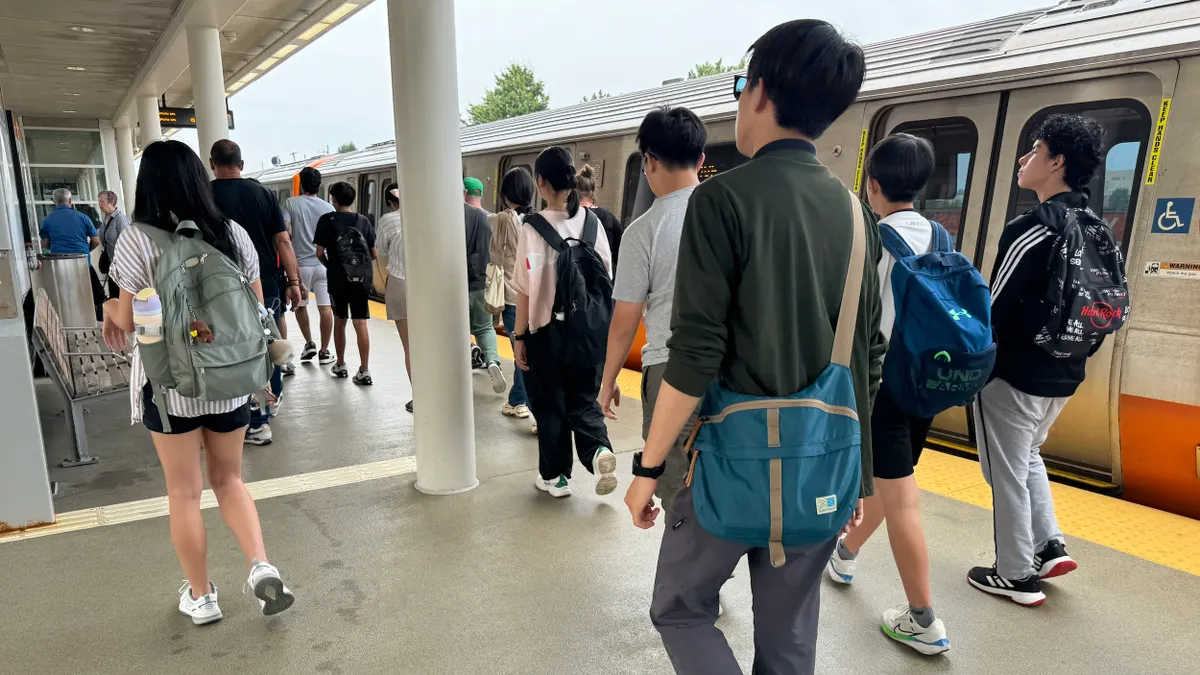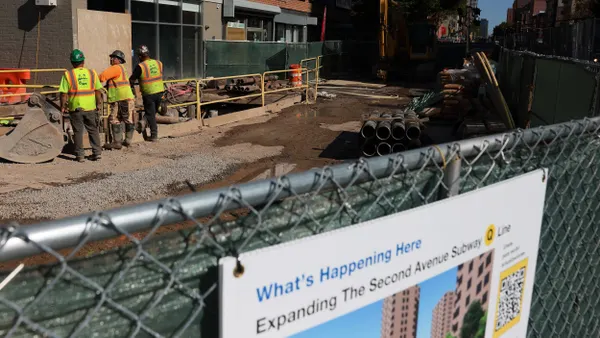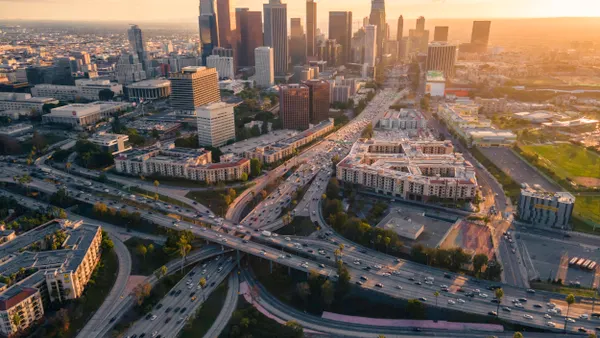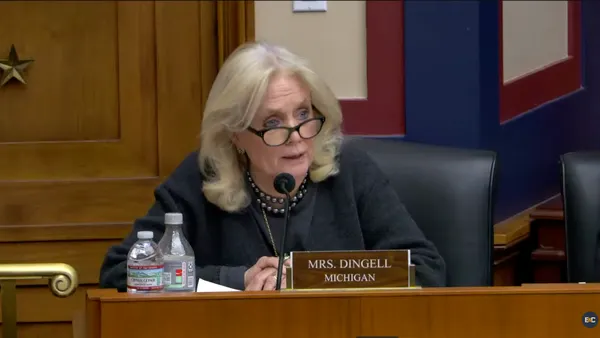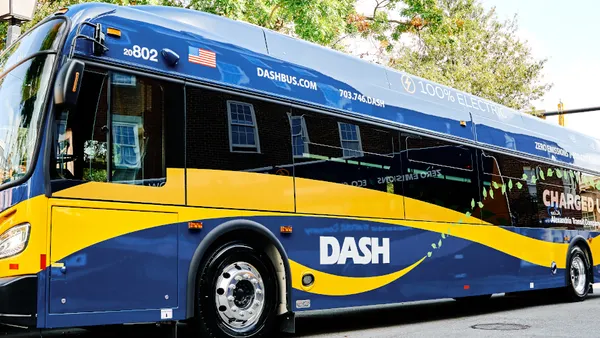Dive Brief:
- Massachusetts will direct $8 billion toward roads, bridges and public transportation over the next 10 years, according to the commonwealth’s fiscal year 2026 budget, which Gov. Maura Healey signed July 4.
- The budget authorizes $1.25 billion for transportation in fiscal 2026, including $470 million for the Massachusetts Bay Transportation Authority, $115 million for regional transit grants and $35 million for income-eligible reduced fares at regional transportation authorities.
- The MBTA will also receive $548 million from fiscal 2024’s Fair Share revenue, an additional tax imposed on those with incomes over $1 million.
Dive Insight:
Like many public transit agencies, the MBTA encountered revenue shortfalls from reduced ridership and fare income in recent years. As federal rescue funds provided during the pandemic run out, these agencies may need to make hard choices to keep trains and buses running.
The MBTA warned last November that it could face a $700 million operating budget gap in fiscal year 2026. In June, the agency’s board of directors approved a $3.24 billion budget for the 2026 fiscal year, narrowing its deficit from $307 million in 2025 to a projected $168 million in 2026 with help from the Fair Share appropriation and greater fare revenue.
“From students commuting to class to seniors accessing medical care to workers getting to their jobs on time, this funding helps us deliver more frequent, reliable, and accessible service,” MBTA General Manager Phillip Eng said in a June 24 statement.
The MBTA Advisory Board, comprised of elected officials from the agency’s service district, recommended in a June 13 report that agency leaders focus on controlling headcount for positions unrelated to operations, reduce consultant costs and explain how the MBTA will address future deficits.
Along with the MBTA, a portion of Fair Share funds will go to the Massachusetts Department of Transportation. The department approved an $18.5 billion capital investment plan in June that will go toward highways, bridges, bicycle and pedestrian infrastructure. The department also included more than $1 billion to the MBTA over five years for rail cars, bilevel commuter rail coaches, power system upgrades and other investments.
“Every transportation investment is an investment in people — connecting them to jobs, schools, healthcare, and each other,” Transportation Secretary and CEO Monica Tibbits-Nutt said in a statement.



